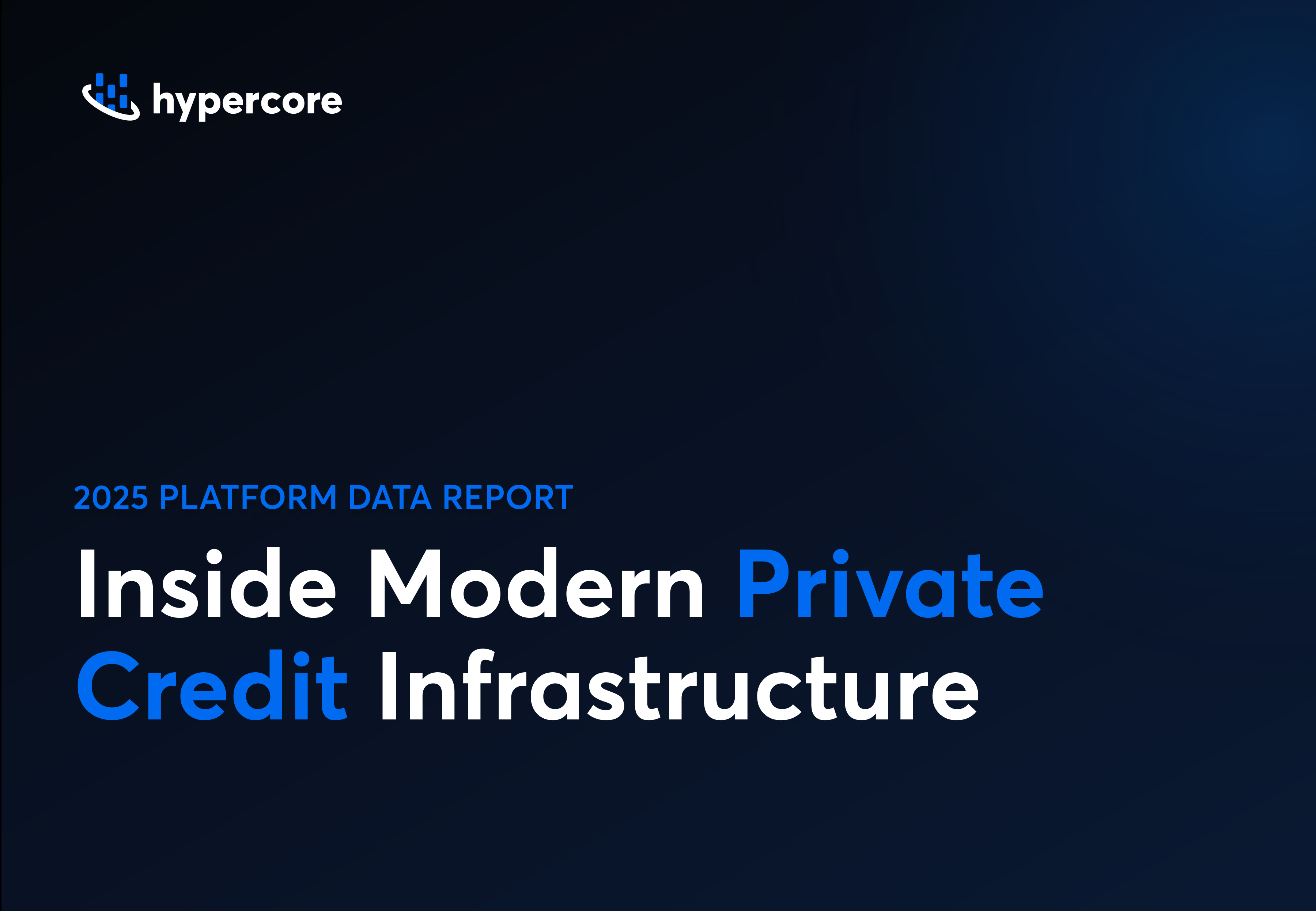Thought Leadership
AI
.png)
Oct 1, 2025
3 minutes
.png)
A lender recently summed up his experience with a custom-built system in one blunt sentence:
“The CRM we spent so much money building? It’s shit.”
It’s a story I’ve heard often, because for years the mantra in lending tech was straightforward: don’t build, buy. Building meant hiring engineers, managing roadmaps, and most times ending up with systems that collapsed the moment you tried to scale them. Buying SaaS was safer, faster, and usually cheaper.
But AI has changed the math.
With AI, “build” doesn’t mean what it used to. You no longer need an army of developers or a two-year roadmap. Tools like Lovable and Base44 let you describe an app in plain English and spin up a prototype in days. This new wave of “vibe-coding” lowers the barrier to building in ways we’ve never seen before.
So is the old wisdom outdated? Should lenders rush to build again? Not exactly.
The risks remain, and I’ve seen them up close. Lenders know their pain points better than anyone, they can tell you where reporting is broken, where compliance drags, and where operations are stuck in spreadsheets. But turning that knowledge into usable software, with the right user flows, architecture, and security controls, is a very different skill set. Being a great lender doesn’t automatically make you a great product team. That’s why so many custom builds end up underdelivering.
And there are the non-negotiables. Audit trails. SOC compliance. Data security. Production-grade stability. These things rarely come “for free” in a DIY stack, no matter how clever the prototype.
Still, AI shifts the landscape, not removing the need for SaaS, but reshaping how we use it. I see two big directions emerging.
In the near term, lenders will begin building micro-apps inside their organizations. These will be highly specific tools, custom dashboards, tailored investor statements, designed to solve immediate gaps without waiting on a vendor roadmap. I’ve already seen Hypercore clients doing this, spinning up lightweight applications directly on top of our data.
Longer term, AI will be embedded directly into loan management systems themselves. Think of an assistant that can reconcile loan terms, flag unusual risk signals, or draft investor updates in real time. This isn’t a replacement for your LMS - it’s an amplifier. It takes the system you already use and makes it smarter, faster, more proactive.
So no, I’m not worried about AI replacing loan management platforms. The opposite is true,I believe it will make them indispensable. The question isn’t “buy or build” anymore, it’s more of a “buy and build” - how lenders will use AI to extend the platforms they already trust.

Industry
Tech
Jan 5, 2026